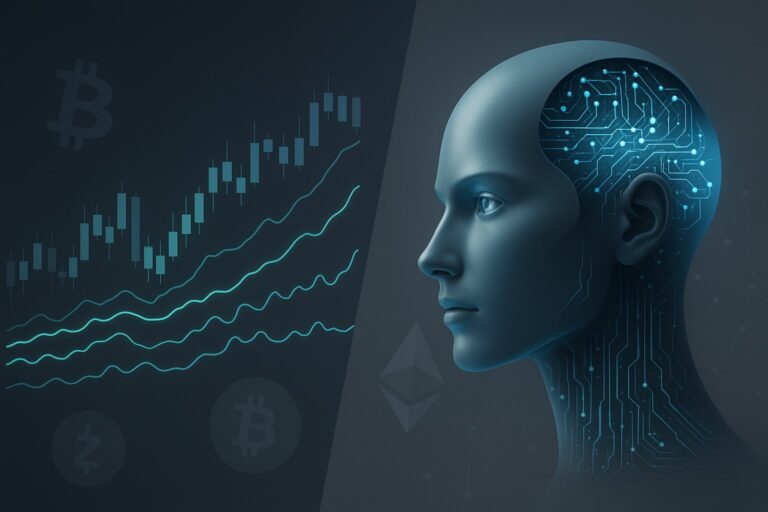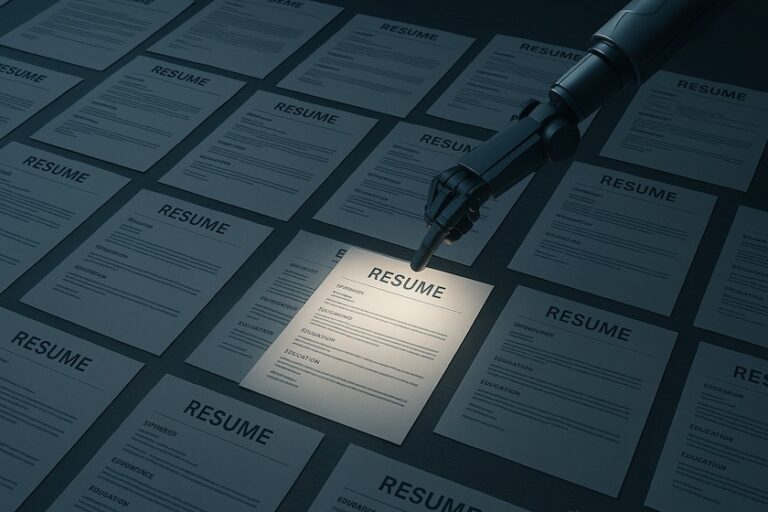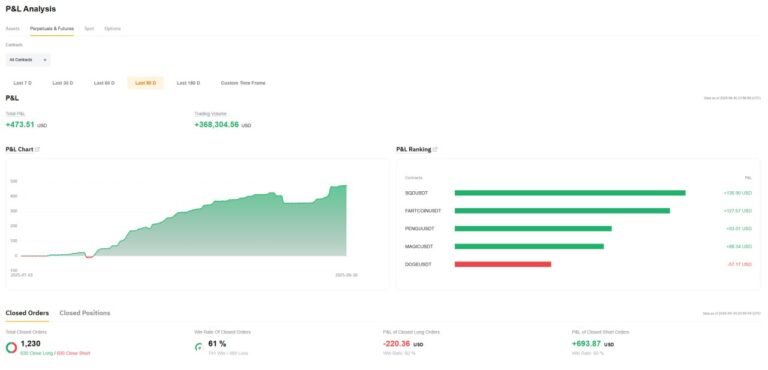Will AI Replace Software Engineers?
The profession of software development is undergoing significant changes. This is influenced by several key factors, including rapid technological evolution, the rise of AI, economic fluctuations, globalization, and shifts in business strategy. The layoffs we’ve observed at large companies like Intel and IBM highlight some ongoing trends and challenges in the industry, but they don’t necessarily mean the profession itself is fading.
Here’s a detailed breakdown of what’s happening and what’s likely to shape the future:
What are the Reasons Behind Big Layoffs of Sofware Engineers?
- Economic and Market Pressures:
Companies often restructure or reduce headcount to maintain profitability during economic slowdowns or market volatility. Recent layoffs at Intel, IBM, and other large tech companies are frequently driven by such economic pressures, especially in sectors facing declining revenues or strategic shifts. - Strategic Realignment:
Big companies are restructuring to become leaner, more efficient, and more aligned with growth sectors like AI, cloud computing, cybersecurity, and data analytics. This can result in traditional software development roles being phased out or moved to lower-cost locations. - Automation and AI:
Advances in AI tools like GitHub, Copilot, GPT-based code generation, and automated testing frameworks reduce the need for certain repetitive coding tasks, potentially impacting entry-level or narrowly specialized positions.
What are the Long-Term Trends Shaping the Future?
Increased Specialization and Advanced Skills:
- Software development will continue to be essential, but the bar for skill and specialization is rising.
- Developers with expertise in:
- Cloud computing (AWS, Azure, GCP)
- AI/ML engineering (especially model integration and deployment)
- Cybersecurity
- Data engineering
- DevOps and infrastructure automation
- Cloud computing (AWS, Azure, GCP)
- will remain highly in demand.
Generative AI and Developer Productivity:
- Generative AI tools (like ChatGPT, Copilot, and other code generation platforms) won’t replace developers entirely but will significantly enhance productivity.
- The developer’s role may shift more toward designing, guiding, and supervising AI-generated code rather than writing every line manually.
Cross-Disciplinary Roles and Integration:
- Developers increasingly need to interact with other disciplines, such as product management, design, cybersecurity, and business strategy.
- Roles like Developer Advocate, Technical Product Manager, and Solutions Architect are becoming more common and valuable.
Demand Shifting to Smaller or Niche Companies:
- Big corporations periodically shed employees due to efficiency drives, but startups, tech-focused SMEs, and companies innovating in niche sectors (fintech, healthtech, climate-tech) will often continue hiring aggressively.
- Many senior developers are transitioning into contracting, consulting, or freelancing as traditional corporate roles become scarcer.
Globalization and Remote Work:
- Global remote work expands the talent pool, increasing competition, especially for mid-level roles.
- Developers might find themselves competing internationally, but also able to access global job markets more easily.
What Developers Should Do to Remain Relevant?
Continuous Learning and Upskilling:
Learning regularly emerging technologies and frameworks. Staying updated with industry trends (cloud, containers, AI, automation).
Diversifying Skillset:
Combining technical expertise with soft skills (communication, project management, business acumen) or knowledge in other high-growth sectors (e.g., healthcare, fintech).
Specializing Wisely:
Picking a specialized skill or domain with high growth potential (e.g., cybersecurity, AI applications, IoT, blockchain integration).
Networking and Community Engagement:
Building a professional network through developer communities, open-source contributions, conferences, and platforms like LinkedIn and GitHub.
Entrepreneurship and Freelancing:
Consider entrepreneurship, consulting, or joining smaller, agile companies and startups to maintain high employability.
Freelancing can be another option. However, recent trends indicate that this path has become increasingly challenging. Based on personal observations, freelancing platforms such as Upwork to mostly benefit the platforms themselves. Developers often end up paying for a ton of connections without any attention or engagement from potential clients.

What is Long-term Outlook?
- Software development is not dying, but it is rapidly evolving. It remains one of the most vital and well-paid professions, provided one adapts.
- The current market volatility and layoffs are part of cyclical economic shifts rather than a permanent decrease in the need for developers. Even in tough economic conditions, skilled developers with relevant specializations typically remain employable.
In Conclusion:
While recent layoffs may feel alarming, the profession of software developer remains strong, but increasingly competitive and dynamic. The future will reward flexibility, continuous learning, strategic specialization, and proactive career management.
Software development will not vanish—it will evolve. Developers who recognize these shifts and proactively adapt will thrive.






